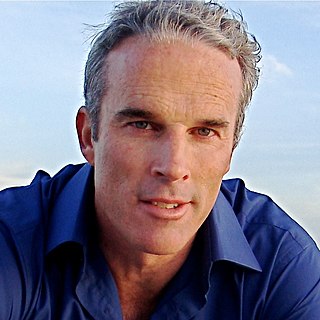A Quote by Queen Noor of Jordan
I spent the first years working in Jordan trying to learn as much as I could about what was taking place in the country, about where there were gaps in the development process that needed attention. Inevitably, there were certain common denominators which are fairly common to all developing societies, perhaps to all societies: that quality education be accessible to everyone, not just a limited elite few; the sustainable conservation of natural resources; the full engagement of women in national development; and the value of cross-cultural exchange and understanding to international relations.
Quote Topics
About
Accessible
Attention
Certain
Common
Common Denominator
Conservation
Could
Country
Cross
Cultural
Cultural Exchange
Developing
Development
Education
Elite
Engagement
Everyone
Exchange
Fairly
Few
First
Full
Gaps
Inevitably
International
International Relations
Jordan
Just
Learn
Limited
Much
National
Natural
Natural Resources
Needed
Perhaps
Place
Process
Quality
Quality Education
Relations
Resources
Societies
Spent
Sustainable
Taking
Trying
Understanding
Value
Were
Which
Women
Working
Years
Related Quotes
The United Nations has long recognised that the imagination, ideals and energies of young men and women are vital for the continuing development of the societies in which they live. And since its inception in 1948, AIESEC has contributed to this development by serving as an agent of positive change trough education and cultural exchange.
In a cross-cultural study of 173 societies (by Herbert Barry and L. M. Paxson of the University of Pittsburgh) 76 societies typically had mother and infant sharing a bed; in 42 societies they shared a room but not a bed; and in the remaining 55 societies they shared a room with a bed unspecified. There were no societies in which infants routinely slept in a separate room.
Societies that exclude the exoskeleton of religion should reflect carefully to what will happen to them over several generations. We don’t really know, because the first atheistic societies have only emerged in Europe in the last few decades. They are the least efficient societies ever known at turning resources (of which they have a lot) into offspring (of which they have few).
Ideas about mothers have swung historically with the roles of women. When women were needed to work the fields or shops, experts claimed that children didn't need them much. Mothers, who might be too soft and sentimental, could even be bad for children's character development. But when men left home during the Industrial Revolution to work elsewhere, women were "needed" at home. The cult of domesticity and motherhood became a virtue that kept women in their place.
There is a delight in the hardy life of the open. There are no words that can tell the hidden spirit of the wilderness, that can reveal its mystery, its melancholy and its charm. The nation behaves well if it treats the natural resources as assets which it must turn over to the next generation increased; and not impaired in value. Conservation means development as much as it does protection.
Even personal tastes are learned, in the matrix of a culture or a subculture in which we grow up, by very much the same kind of process by which we learn our common values. Purely personal tastes, indeed, can only survive in a culture which tolerates them, that is, which has a common value that private tastes of certain kinds should be allowed.




























